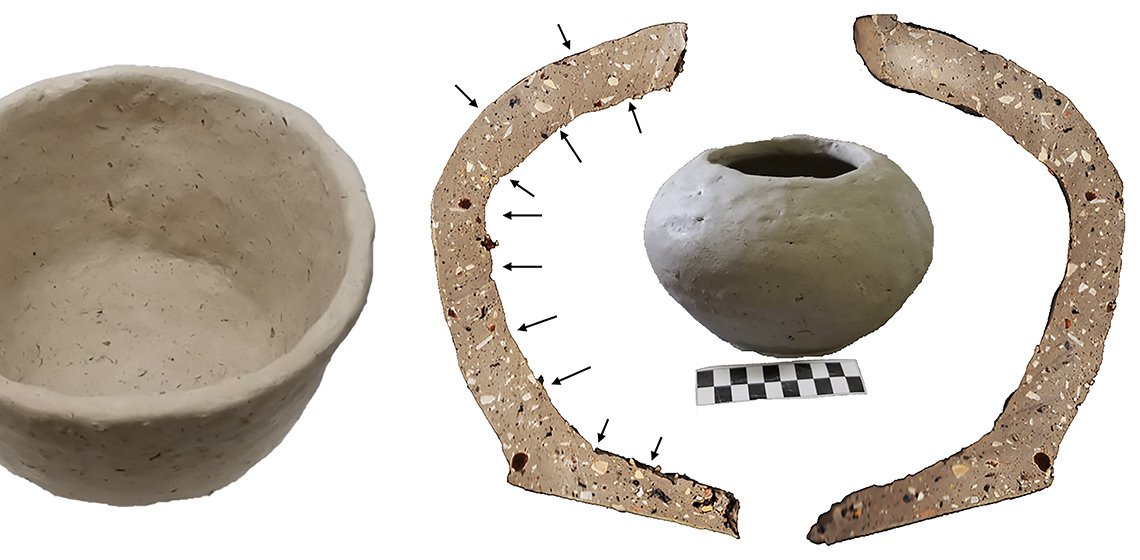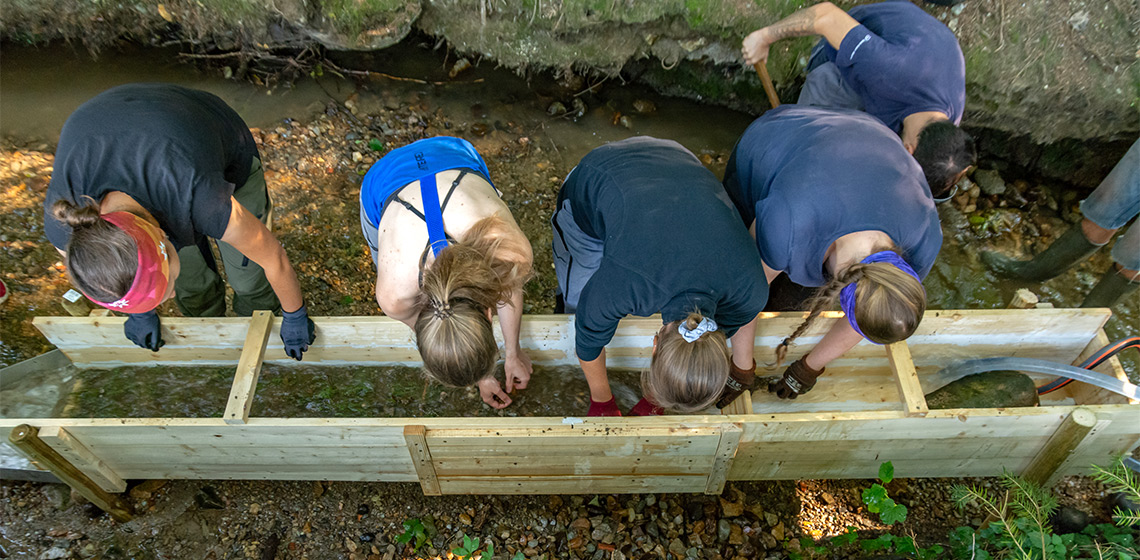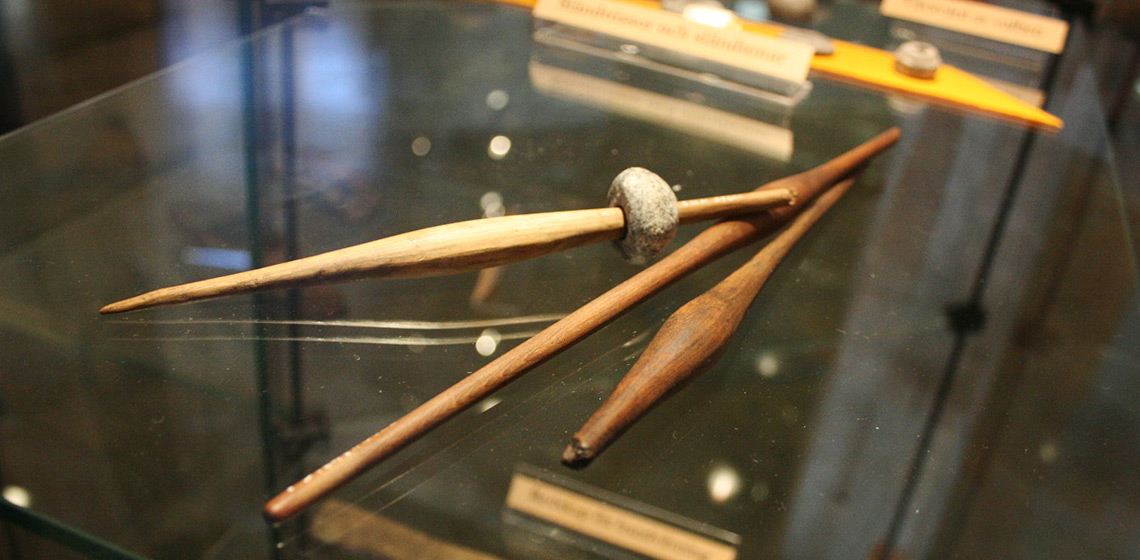Featured in the EXARC Journal
Ancient Technology
Roman Gold Washing as Described by Pliny the Elder
***As part of a four-year interdisciplinary research project of a Roman gold mine in the landscape known as the "Karth" to the south of Vienna, Austria, a reconstruction of gold washing took place as described by Pliny the Elder in book 33 of his Natural History. So far, the "Karth" is the only proven Roman gold mine known in the Eastern Alps...













